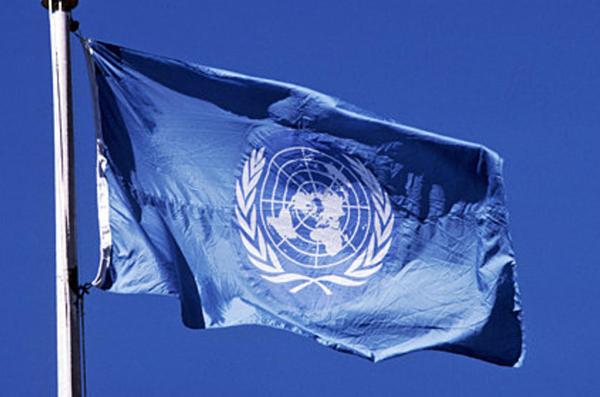
Jun 22, 2016 | Advocacy, Non-legal submissions
The ICJ today made an oral statement at the United Nations, on threats to the independence of lawyers in Azerbaijan.
In the statement to the Human Rights Council, the ICJ emphasised that lawyers in Azerbaijan face suspension or disbarment for statements clearly constituting protected freedom of expression. In some cases, they are subject to arrest, detention, unfair trial, and arbitrary imprisonment.
The lack of independence of the Bar Association is a serious concern. This body is increasingly initiating apparently groundless disciplinary proceedings, including leading to disbarment, against lawyers who defend the interests of clients in high profile or politically sensitive cases. Disciplinary penalties in such cases are routinely upheld by the judiciary, which does not appear to be fully independent.
This was highlighted in preliminary findings of the Working Group on Arbitrary Detention following its recent visit (Working Group on Arbitrary Detention Statement upon the conclusion of its visit to Azerbaijan (16-25 May 2016)). Representatives of the ICJ are currently visiting Azerbaijan to further assess the situation.
The cases of Khalid Bagirov, Alaif Ghasanov and Intigam Aliyev illustrate these concerns. While welcoming the release of Mr Aliyev, we remain concerned at the maintenance of his underlying conviction despite credible reports that the charges against him were politically motivated.
Lawyer Muzaffar Bakhishov is currently subject to disbarment proceedings for having criticized the lack of independence of the judicial system.
These disbarments have a chilling effect on the work of other lawyers. They undermine access to effective and independent legal assistance to protect human rights.
The ICJ urged the Council to closely monitor this worrying trend for the rule of law.
The statement may be downloaded in PDF format here: HRC32-OralStatement-Azerbaijan-2016-final-ENG
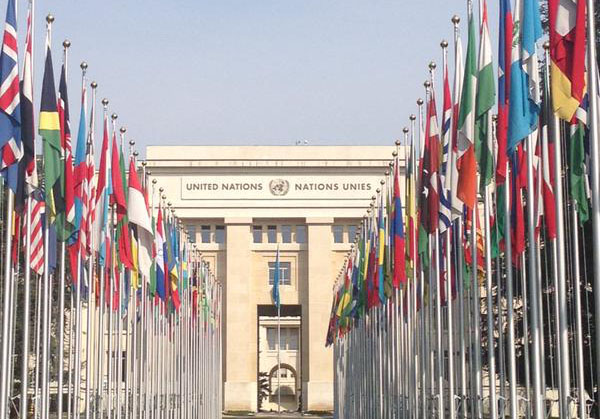
Jun 20, 2016 | Advocacy, Non-legal submissions
The ICJ prepared an oral statement on sexual and gender based violence, for the interactive dialogue with the UN Special Rapporteur on violence against women and the Working Group on the issue of discrimination against women in law and in practice.Although the statement could not ultimately be read out due to the limited time for civil society statements at the Human Rights Council, the text can be downloaded here (in PDF): HRC32-OralStatement-SRVAW-WGDAW-2016

Jun 17, 2016 | Advocacy, Non-legal submissions
The ICJ today delivered an oral statement on human rights and state-owned enterprises, as well as the right to a remedy and reparation for human rights abuses caused by businesses.
The statement was made to the UN Human Rights Council and can be downloaded here in PDF: HRC32-OralStatement-WGBHR-2016
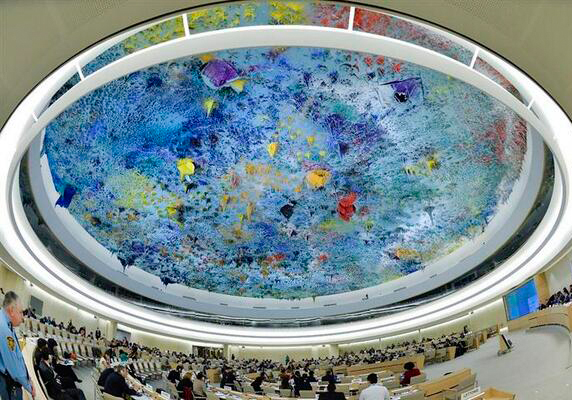
Jun 16, 2016 | Advocacy, Non-legal submissions
The ICJ today joined a statement delivered by the International Bar Association on indicators of independence of justice systems.The statement came during the interactive dialogue with the UN Special Rapporteur on the Independence of Judges and Lawyers.
It read as follows:
As international organisations of legal professionals, we endorse the recommendation made by the Special Rapporteur to develop a set of international indicators to assess the independence of justice systems.
The Special Rapporteur has previously stated: ‘No ideal justice system exists; rather, there are universal principles that must be respected in the structure and functioning of any judicial system, so that it can duly fulfil its purpose’. (Report of the Special Rapporteur on the independence of judges and lawyers, (2014) UN Doc A/69/294, para 92.)
Achieving Sustainable Development Goal 16 – that is, providing access to justice for all and building effective, accountable and inclusive institutions – will require respect for the universal principles of independence and impartiality of justice systems and the independence of the legal profession.
In 2015, the International Bar Association (IBA) and the International Commission of Jurists (ICJ) proposed two indicators under SDG16, regarding the independence of the judiciary and an independent and self-governing legal profession. The IBA is currently developing ‘indicia of independence’ that can be used to assess the state of independence of the legal profession in a given jurisdiction. The Commonwealth Lawyers Association (CLA) and the Commonwealth Magistrates’ and Judges’ Association (CMJA) continue to monitor judicial and legal independence through the Commonwealth Latimer House Working Group.
We therefore, Madam Special Rapporteur, fully support your endeavour to develop universal indicators that complete the UN Rule of Law Indicators, and build on the UN Basic Principles on the Independence of the Judiciary, the Basic Principles on the Role of Lawyers, and the Guidelines on the Role of Prosecutors.
We further call upon States to ensure that national targets and indicators duly align with international indicators and international principles.
Thank you, Mr President
The following organisations endorsed the statement:
- Avocats Sans Frontières -Suisse
- Commonwealth Magistrates’ and Judges’ Association
- Commonwealth Lawyers Association
- International Bar Association’s Human Rights Institute
- International Commission of Jurists
- Judges for Judges
- Lawyers for Lawyers
- Southern Africa Litigation Centre
The statement can be downloaded in PDF format here: HRC 32- Joint Oral Statement Item 3 SR IJL_FINAL
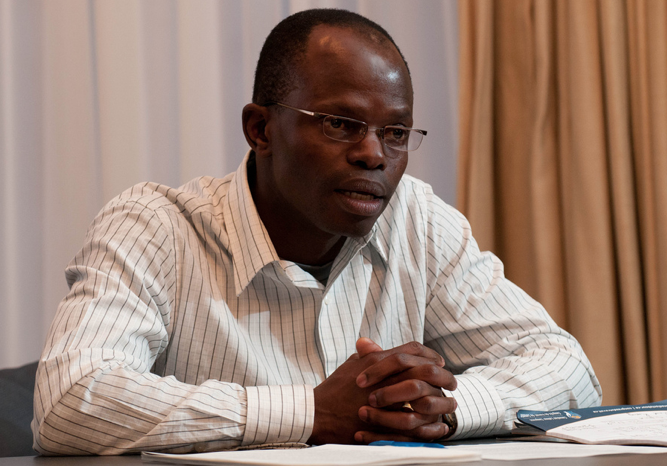
Jun 16, 2016 | Advocacy, Non-legal submissions
The ICJ today delivered a statement at the UN Human Rights Council, on judicial accountability, and attacks on lawyers. The ICJ made the statement on behalf of a group of eight NGOs, including professional organisations of judges and lawyers.
The statement, read out by Swaziland lawyer Thulani Maseko during the Interactive Dialogue with the UN Special Rapporteur on the Independence of Judges and Lawyers, read as follows:
Madame Special Rapporteur on the Independence of Judges and Lawyers,
Our organizations strongly support your mandate. An independent judiciary and legal profession are essential to the rule of law and to the effective protection of human rights.
Independence and impartiality of the judiciary require integrity of individual judges and judicial institutions. Accordingly, there must be accountability for judicial corruption and judicial involvement in human rights violations.
Accountability mechanisms must themselves be independent, fair and transparent, in order to ensure they do not undermine the independence of the judiciary and that victims and the broader population see them as credible and accessible.
We note in this regard the International Commission of Jurists’ newly published Practitioners’ Guide on Judicial Accountability, and the International Bar Association’s recent report on Judicial systems and Corruption.
We also must highlight the growing problem of repression of lawyers who act in cases perceived to have human rights or political aspects, including through: harassment, suspension or disbarment; arrest, detention, unfair trial, and arbitrary imprisonment; torture or other cruel, inhuman or degrading treatment, enforced disappearance, or even unlawful killings.
This is inconsistent with the UN Basic Principles on the Role of Lawyers and incompatible with the rule of law. It violates the rights of individual lawyers and undermines the independence of the legal profession. It denies the rights of the people the lawyers are trying to protect.
Among current examples, the scale and depth of repressive measures against lawyers and HRDs in China is particularly stark, but similar concerns arise in, for instance, Egypt, Turkey, Thailand, Azerbaijan, Malaysia, Tajikistan, and Vietnam. (I myself was arbitrarily imprisoned in my own country Swaziland, for publicly expressing my opinions about judicial misconduct.)
We accordingly will urge lawyers, legal professional associations and others around the world to respond to the questionnaire you have prepared for your upcoming General Assembly report on the legal profession.
I thank you.
The following organizations joined or otherwise supported the statement:
The statement may be downloaded in PDF format here: HRC32-OralStatement-JudicialAccountabilityLawyers-2016
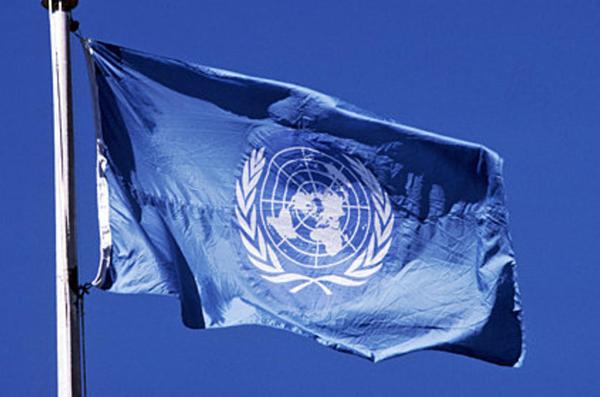
Apr 18, 2016 | Advocacy, Non-legal submissions
The ICJ and Thai Lawyers for Human Rights provided a joint submission to the UN Human Rights Committee for its consideration during the adoption of a list of issues for the examination of the Second Periodic Report of Thailand under the International Covenant on Civil and Political Rights.
During its 117th Session, from 30 June to 25 July 2016, the Committee will prepare and adopt a List of Issues on Thailand.
These issues will be put to the Government of Thailand for formal response ahead of the Committee’s full examination of Thailand’s Second Periodic Report during the Committee’s 119th Session, the exact dates of which have yet to be confirmed but which is expected to take place in March 2017.
The ICJ and Thai Lawyers for Human Rights’ joint submission raises matters and suggests concrete questions to be put to the Government of Thailand concerning the following issues:
– Thailand’s derogation under Article 4 of the Covenant;
– Torture and other ill-treatment, enforced disappearances and custodial deaths in disputed circumstances; and
– Thailand’s new institutional and legal framework since the coup d’état, which severely restricts the exercise of Covenant rights within the country and in particular the recent introduction of the National Council for Peace and Order’s (NCPO) Head Order 13/2016, which grants members of the military wide-ranging law enforcement powers to ‘prevent and suppress’ 27 ‘crimes’, together with blanket immunity from prosecution.
THAILAND-JOINT ICJ TLHR HRC LOI SUBMISSION-Advocacy-non legal submission-2016-ENG (full text in PDF)










